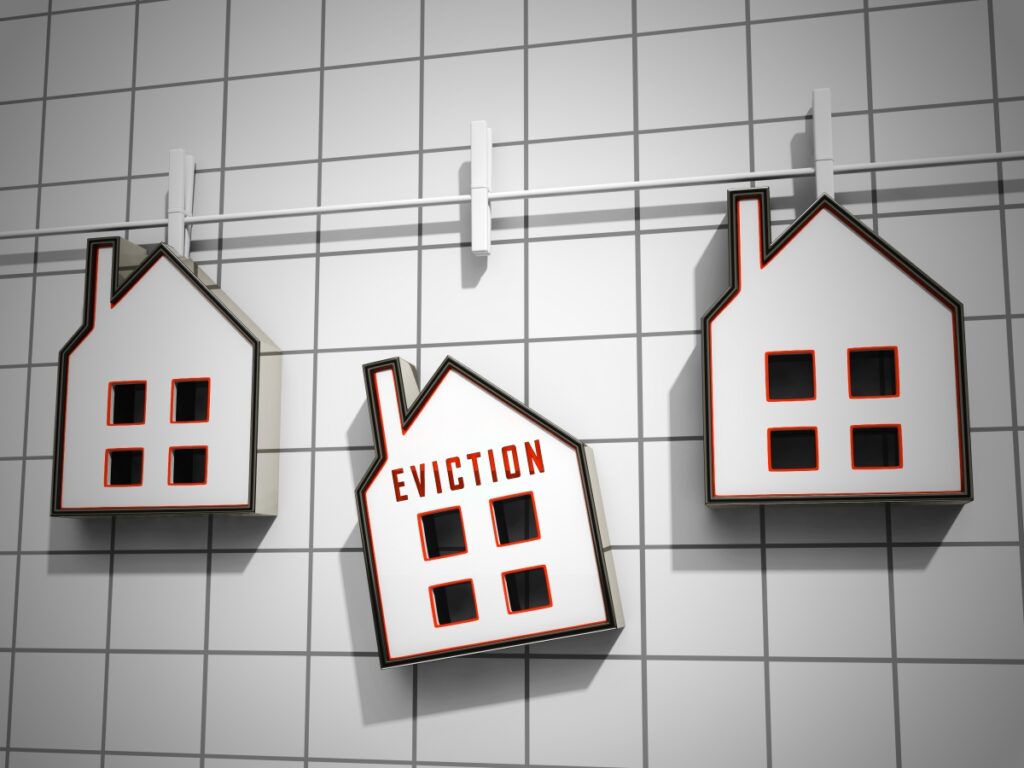Deferment or reduction
When you step back into your business to operate, you’ll be short of cash flow, you’ll be thinking you need to have enough to pay the staff each week and pay your suppliers as yours and other businesses find their stride.
What you don’t need is the burden of deferment from your landlord. Deferment is where you have agreed to have your rent deferred put off for the short or medium future.
But in a few months’ time you’re loaded with what you owe plus your current rent and you’ll begin to choke.
Your business choking means the struggle to get through the next few months was pointless and also your landlord has now lost or could lose a good tenant.
The fight in the future that would happen between your lawyers and their lawyers to ”scramble” for the deferred money could be a disaster after the fact that you had planned to keep your business.
What you need is a reduction in rent. Starting with if possible a rent free period.
This is easier said than done. You are asking your landlord to bare you pain and cost as well.
It’s now that you start talking to your landlord about a rent reduction over a coming period, because we don’t know how long the financial and economic effect of the virus will be. Certainly not a few months. A few months’ rent free would be good as well.
Your landlord probably will have a mortgage and of course he will need a finance holiday as well. There is legislation in place though it’s a bit “wishy-washy” we advise that you open the conversation noting the legislation and that you want to work through with your landlord because the legislation talks about deferment and that would in many cases mean give up now.
We don’t know what will happen in the economy, we don’t know how long restrictions will be in place, and we don’t know what other legislation may be introduced to help the tenant from the state or the federal government so we see no point in fixing an agreement – we live in a new time when we don’t know what the future is so perhaps you prefer to fix an agreement now.
Anyway here is what happened
On Tuesday 7 April 2020 the National Cabinet released a mandatory code of conduct containing “good faith leasing principles”, which will apply to all commercial tenancies. Each state and territory will pass their own legislation and regulations to give effect to the mandatory code.
There are many questions and uncertainties surrounding the code. The code is effective from 3 April 2020 (being the date the National Cabinet agreed to the principals of the code) and will remain until the Commonwealth JobKeeper program ends.
So we don’t know what is coming in legislation or how, long the period will be set. It’s set to the JobKeeper legislation, the government will not have infinite funds for this.
This Code of Conduct applies to all commercial tenancies where the tenant is an eligible business for the purposes of the Commonwealth JobKeeper programme. It appears that the tenant merely needs to be eligible for the Jobkeeper payment, it is not necessary that they actually claim it.
Determining the amount of decrease in turnover will be critical.
The leasing principles established include a “proportionate reduction” in the rent payable, in the form of waivers and deferrals, in line with the reduction in turnover. The waiver component of the proportionate reduction in rent, must be at least 50%. The balance of the proportionate reduction in rent is to be deferred and will be payable to the landlord over the remainder of the lease term or 24 months (whichever is longer).
Deferment over a long period may mean that you go back to effectively a massive rent increase. Could your business manage that, you need a better deal than this.
In addition, Landlords must not terminate leases, or access a tenants security (such as a bank guarantee) to pay rent. The principles relating to statutory and other outgoings, are less clear and suggest landlords should, where appropriate, seek to waive recovery during the period a tenant is not able to trade.
So the landlord can’t throw you out. So start a conversation rather than negotiations, perhaps the landlord will be realistic. Before the virus, hospitality was in trouble, so was a lot of retail. Perhaps your landlord would rather secure first you – the good tenant.
Furthermore, interest and fees are not payable on any waived rent, and no fees, charges or punitive interest can be charged on deferred rent. If the landlord and tenant can’t agree then they must attend binding mediation.
We await further legislation and time.




